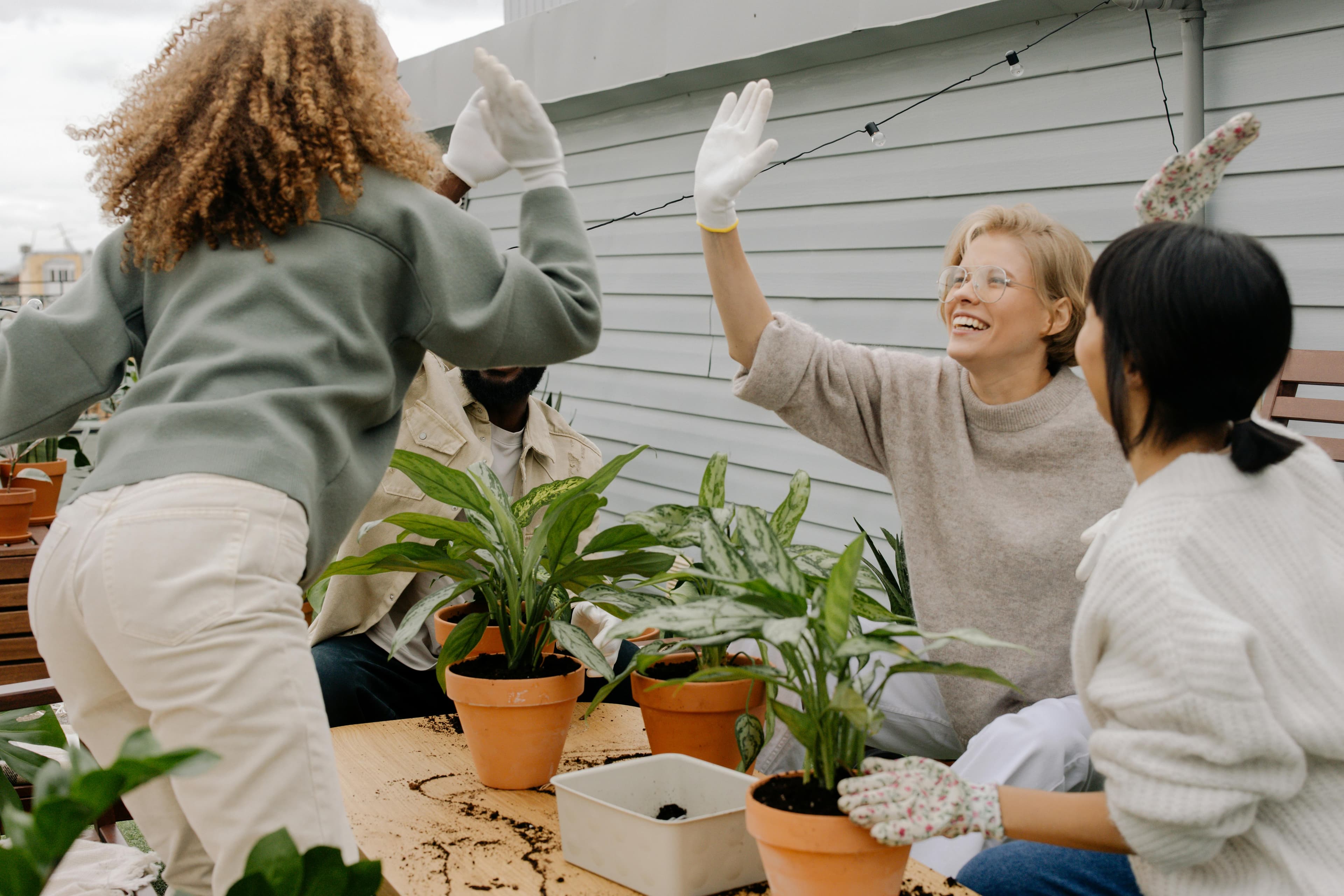Winnipeg, Manitoba, Canada
Growing Connections and Cultivating Community: The Impact of Winnipeg's Rainbow Community Garden

Community gardens worldwide have blossomed as spaces that promote sustainability, food security, and social connection. Winnipeg's Rainbow Community Garden exemplifies this global trend by offering a nurturing environment where families can grow their own food and cultivate relationships.
Established 15 years ago on the University of Manitoba campus, the garden provides plots to 279 families, many of whom are newcomers to Canada. These plots enable participants to grow a variety of fruits and vegetables, helping them save money and ensure a steady supply of fresh produce. In times of significant food inflation, the garden's role in alleviating financial strain is more critical than ever.
The garden has long provided health and sustenance for its participants, allowing them to enjoy produce throughout the year. It also offers substantial financial benefits, with many families saving at least $100 a month from mid-June to October. However, rising food costs have led to an increase in produce theft from the garden. In response, when organizers discovered that those taking food were single parents struggling to afford fresh produce, they invited them to the garden. Instead of punishment, they offered access to community plots and the opportunity to grow their own food, even securing plots for their families for the following year. The garden has become a place of healing, supporting those facing hardship.
The garden serves as a crucial gathering place for newcomers, helping to reduce social isolation by fostering connections through shared activities. Participants often learn about different cultures and ways of preparing food from one another. By using food as a universal language, the Rainbow Community Garden brings together people from diverse backgrounds, promoting cultural exchange and mutual understanding.
Amid crises and uncertainties, the garden stands as a beacon of community resilience. It not only addresses immediate needs like food security but also builds long-term social bonds, enhancing the overall well-being of its participants.